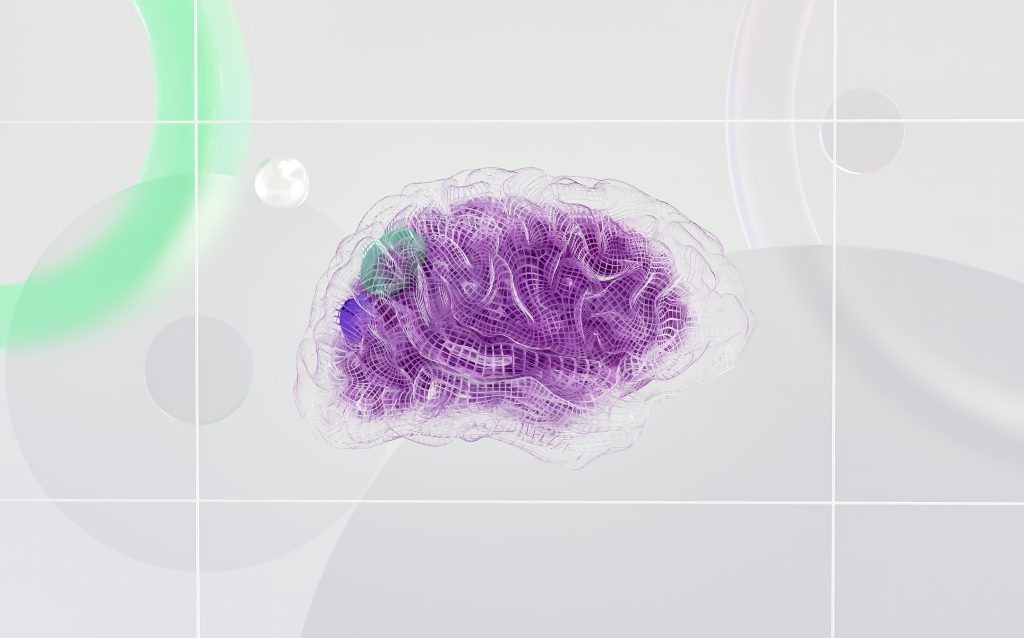Transforming Deep Learning: Damian Bogunowicz’s Vision for CPU Revolution at Neural Magic
Neural Magic: Revolutionizing Deep Learning with CPUs
AI News recently engaged with Damian Bogunowicz, a machine learning engineer from Neural Magic, to explore the company’s groundbreaking strategies for optimizing deep learning models for inference on CPU architectures.
One of the main challenges in crafting and deploying deep learning models is their substantial size and the high computational power they demand. Neural Magic addresses this issue through a concept known as compound sparsity. This innovative approach merges techniques like unstructured pruning, quantization, and distillation to considerably diminish the size of neural networks while retaining their accuracy.
According to Bogunowicz, “We have developed a sparsity-aware runtime that harnesses CPU architecture to accelerate sparse models. This methodology challenges the assumption that GPUs are essential for effective deep learning.” He highlighted the advantages of using more compact models, which enable quicker deployments and can be executed on standard CPU-based machines.
The ability to optimize and efficiently run specific networks without the dependency on specialized hardware represents a transformative development for machine learning practitioners. It allows them to navigate and mitigate the constraints and expenses associated with GPU deployments.
When discussing the practicality of sparse neural networks for businesses, Bogunowicz indicated that most companies would benefit significantly from employing these models. By eliminating up to 90% of parameters without sacrificing accuracy, organizations can achieve more efficient deployments. While extremely critical fields, such as autonomous driving or aviation, require the highest precision, the advantages of sparse models prevail for the majority of enterprises.
Looking forward, Bogunowicz expressed his enthusiasm for the future prospects of large language models (LLMs) and their practical applications. “I’m particularly excited about the future of LLMs. Mark Zuckerberg mentioned enabling AI agents that function as personal assistants or sales representatives on platforms like WhatsApp,” he noted.
One noteworthy application he highlighted was a chatbot utilized by Khan Academy, which acts as an AI tutor that provides hints to students, guiding them in problem-solving without directly giving away answers. This use case illustrates the potential for LLMs in the education sector to assist in learning while fostering students’ problem-solving abilities.
Bogunowicz explained, “Our research indicates that LLMs can be optimized for CPU deployments. We have published findings on SparseGPT, demonstrating the elimination of approximately 100 billion parameters through one-shot pruning without sacrificing model quality.” This innovation may reduce the need for GPU clusters in future AI inference scenarios, and their ambition is to release open-source LLMs for enterprise use to empower organizations to maintain control over their products, rather than relying on major tech companies.
As for Neural Magic’s upcoming endeavors, Bogunowicz hinted at two exciting announcements at the forthcoming AI & Big Data Expo Europe. First, their support for running AI models on edge devices, specifically targeting x86 and ARM architectures, will broaden the potential applications of AI across various sectors. Secondly, they will introduce Sparsify, their model optimization platform designed to facilitate the deployment of advanced pruning, quantization, and distillation algorithms through an intuitive web application and straightforward API calls. Sparsify aims to enhance inference speed without compromising accuracy, offering businesses an elegant and user-friendly solution.
Neural Magic’s dedication to democratizing machine learning infrastructure through the utilization of CPUs is commendable. With a strong emphasis on compound sparsity and the forthcoming advancements in edge computing, they are committed to empowering both businesses and researchers alike. As we await the updates set to be revealed at the AI & Big Data Expo Europe, it is evident that Neural Magic is on track to significantly influence the landscape of deep learning.
Neural Magic is a prominent sponsor at the upcoming AI & Big Data Expo Europe, scheduled to take place in Amsterdam on September 26-27, 2023. Attendees are encouraged to visit Neural Magic’s booth, located at stand #178, to discover how the company helps organizations leverage compute-intensive models in a cost-effective and scalable manner.
For more insights into the AI landscape, make sure to check out our full interview with Bogunowicz.
Join our community for the latest tech news and premium content delivered directly to your inbox.
Artificial Intelligence, Machine Learning, and Space
The role of machine learning in enhancing cloud-native container security – 41072 view(s)
Artificial Intelligence, Finance, Logistics
Innovative machine learning uses transforming business applications – 14292 view(s)
Applications, Artificial Intelligence, Face Recognition, Industries, Security
AI and bots allegedly used to fraudulently boost music streams – 12145 view(s)
Artificial Intelligence, Space
The benefits of partnering with outsourced developers – 10389 view(s)
See all Latest
View All Latest.
The following list includes various countries and territories:
Rico, Qatar, Romania, Russian Federation, Rwanda, Réunion, Saint Barthélemy, Saint Helena, Ascension and Tristan da Cunha, Saint Kitts and Nevis, Saint Lucia, Saint Martin, Saint Pierre and Miquelon, and Saint Vincent and the Grenadines.
Additionally, it features Samoa, San Marino, Sao Tome and Principe, Saudi Arabia, Senegal, Serbia, Seychelles, Sierra Leone, Singapore, Sint Maarten, Slovakia, Slovenia, Solomon Islands, Somalia, South Africa, South Georgia and the South Sandwich Islands, South Sudan, Spain, Sri Lanka, Sudan, Suriname, Svalbard and Jan Mayen, Sweden, Switzerland, Syria Arab Republic, Taiwan, Tajikistan, Tanzania, the United Republic of, Thailand, Timor-Leste, Togo, Tokelau, Tonga, Trinidad and Tobago, Tunisia, Turkmenistan, Turks and Caicos Islands, Tuvalu, Türkiye, US Minor Outlying Islands, Uganda, Ukraine, United Arab Emirates, United Kingdom, United States, Uruguay, Uzbekistan, Vanuatu, Venezuela, Viet Nam, Virgin Islands (British), Virgin Islands (U.S.), Wallis and Futuna, Western Sahara, Yemen, Zambia, and Zimbabwe.
Lastly, Åland Islands are also listed.
Permissions (Required)
By submitting your email, you acknowledge and accept our Terms and Privacy Notice.
This field is for validation purposes and should remain empty.







